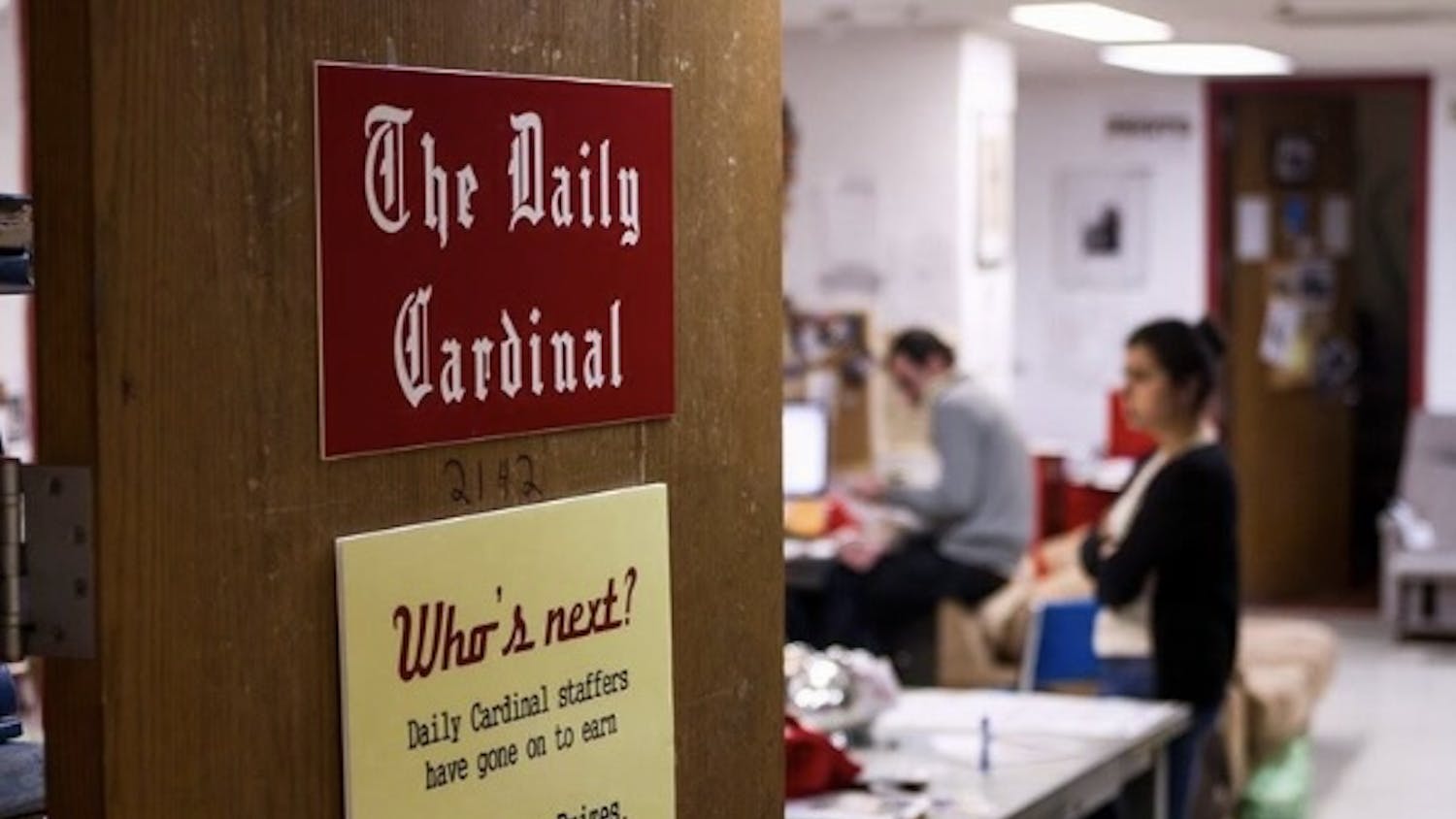Gov. Scott Walker testified in front of the U.S. House of Representatives Committee on Oversight and Government Reform Thursday to discuss the policies he has put in place at the state level since he took office in January.
Walker defended his budget repair law as ""progressive."" He said his brother, a banquet manager and member of a typical middle-class family, ""would love a deal like the one I offered government workers.""
Walker also commended the bi-partisanship of the Wisconsin state Legislature in passing the budget legislation.
""The Wisconsin Legislature recognized that we are growing—not Republican or Democratic jobs—but Wisconsin jobs,"" Walker said. ""Together, we worked to show that Wisconsin is open for business.""
U.S. Rep. Gwen Moore, D-Wis., questioned whether Walker's need to cut spending on important services like education and Medicaid were a ""choice or necessity.""
""What in the world does balancing the budget have to do with your program in Milwaukee to expand education vouchers so the richest person can take $6,500 away from the poorest kids in the state?"" Moore asked.
U.S. Rep. Patrick McHenry, R-N.C., supported Walker's policies. He described the difference between government providing services people expect and providing benefits for a few state workers. ""We as taxpayers have to foot that bill,"" McHenry said.
When U.S. Rep Dennis Kucinich, D-Ohio, asked Walker how much his collective bargaining reform saves, and Walker eventually replied, ""It doesn't save any.""
However, Walker said his policies could be an example for the rest of the nation.
""My hope is that our actions in Wisconsin will remind the rest of the nation what makes our country great,"" Walker told the committee.





